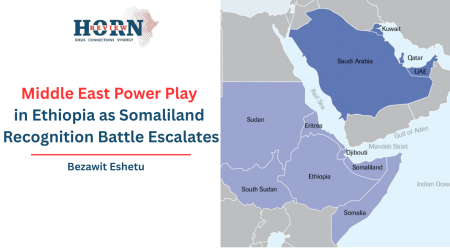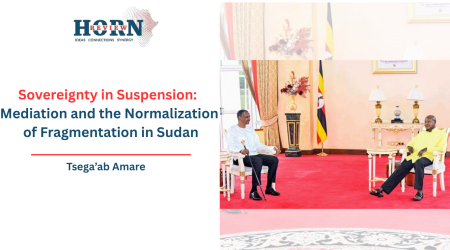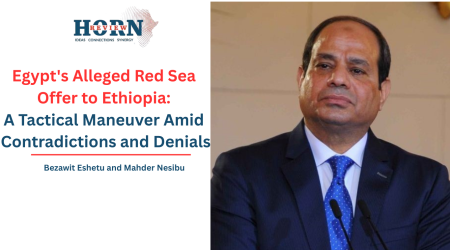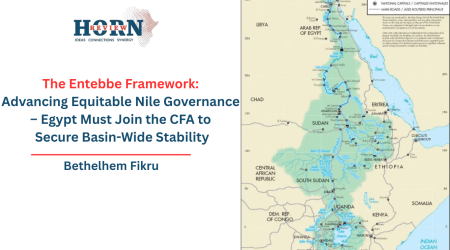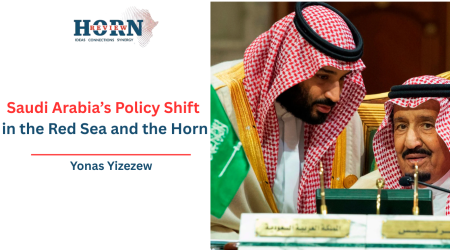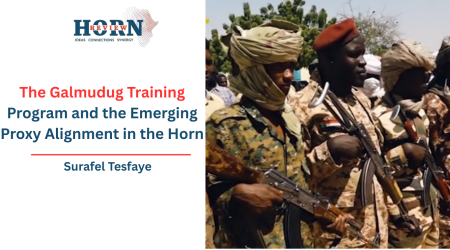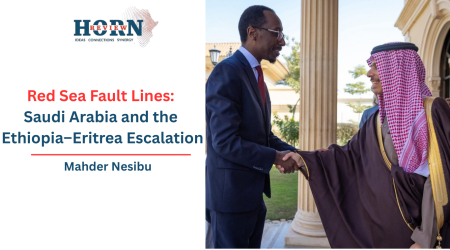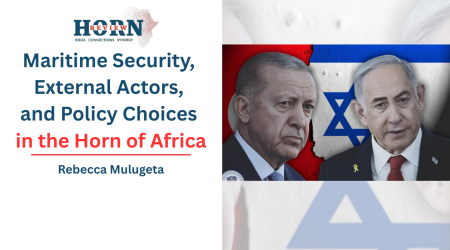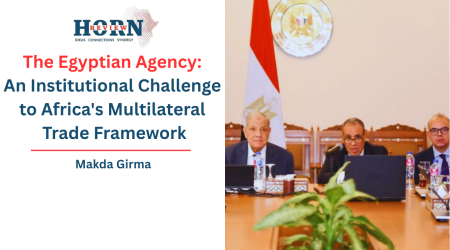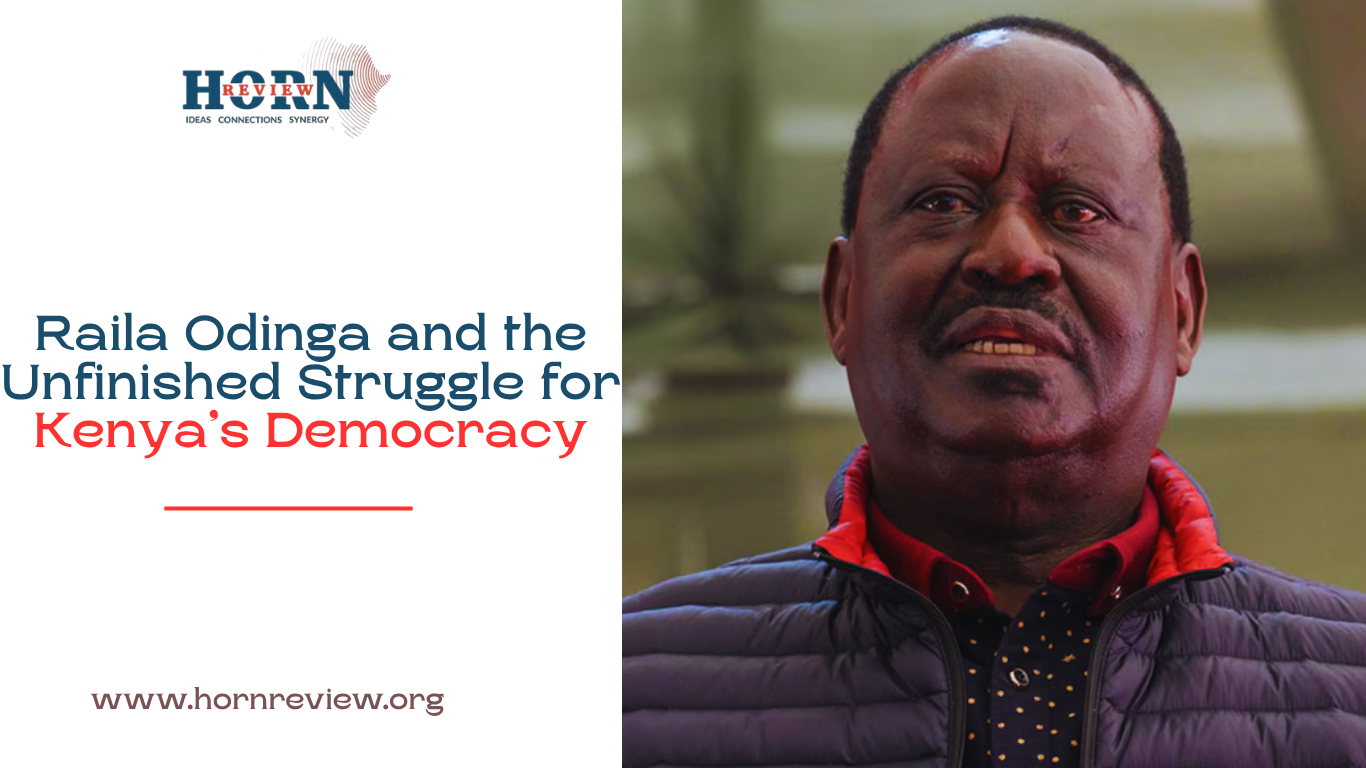
15
Oct
Raila Odinga and the Unfinished Struggle for Kenya’s Democracy
On October 15, 2025, Kenya lost one of its most enduring and consequential political figures: Raila Odinga. At 80, he passed away in Kochi, India, reportedly from a cardiac arrest while undergoing treatment. His death closes a chapter in Kenya’s political history, but it also invites reflection on a life that was both emblematic of the country’s democratic aspirations and illustrative of its enduring struggles. Odinga’s career, spanning more than four decades, was marked by an unwavering commitment to political reform, yet shadowed by repeated defeats, contested elections, and the persistent paradoxes of power.
Born into a prominent political family, Raila inherited both the weight and the promise of Kenya’s post-independence politics. His father, Jaramogi Oginga Odinga, was a towering figure in the independence movement and the country’s first vice president. From early on, Raila’s life was intertwined with the country’s evolving political landscape. He emerged as a prominent figure during the oppressive one-party era of the 1980s, when he faced detention without trial for his activism. This period forged his reputation as a steadfast advocate for multiparty democracy, positioning him as a central figure in what came to be known as Kenya’s “Second Liberation.”
Yet, to define Odinga solely as a reformer risks oversimplifying his political trajectory. While he championed democratic principles, he was also a consummate pragmatist, navigating the murky terrain of elite politics and patronage networks. The Orange Democratic Movement (ODM), which he helped form, became both a platform for national reform and a vehicle for political survival, reflecting the tensions between idealism and the realities of Kenyan electoral politics. His repeated electoral battles—2007, 2013, 2017, and 2022—were as much about the contestation of Kenya’s democratic institutions as they were about personal ambition. The 2007 post-election violence, which claimed over a thousand lives, remains a haunting reminder of both the stakes and the fragility of political legitimacy in Kenya. Yet Odinga’s willingness to engage in power-sharing agreements, most notably the 2008 deal with then-President Mwai Kibaki, demonstrated a pragmatic streak that sought to stabilize the country even at the cost of some of his own political ideals.
Odinga’s influence was not confined to the domestic arena. Over the years, he assumed roles that reflected a broader regional and continental vision. He participated in diplomatic efforts across East Africa, mediating in conflicts such as those in South Sudan and engaging in initiatives under the auspices of the African Union. These efforts illustrated a shift from the combative opposition leader of his youth to a statesman attuned to the demands of regional stability and African cooperation. Yet even here, his impact was bounded by structural constraints: the entrenched challenges of governance, weak institutions, and the limitations of continental diplomacy often circumscribed his influence.
Perhaps the most striking aspect of Raila Odinga’s career was the tension between symbol and system. He embodied the hope of a more just, accountable Kenya, yet his political longevity also reflected the persistence of dynastic influence and entrenched patronage. His family’s continued presence in Kenyan politics highlighted both a continuity of leadership and the enduring barriers to generational renewal. Odinga was simultaneously a critic of elite politics and a product of it, a paradox that mirrored Kenya’s broader democratic evolution.
In the wake of his death, the question that lingers is not simply who will succeed Raila Odinga, but whether Kenya can transcend the patterns that defined his career. His life was a testament to resilience, negotiation, and the pursuit of democratic ideals, yet it also underscored the unfinished nature of Kenya’s political project. The institutions, norms, and civic culture that he fought for remain works in progress, and the country’s future will depend on the willingness of a new generation to address the structural and societal challenges he confronted so persistently.
Raila Odinga’s passing is both an end and a mirror: a moment to reflect on the gains and the failures of Kenya’s democratic journey. His story reminds us that political struggle is rarely linear, that reform often collides with compromise, and that the pursuit of justice in governance demands both courage and patience. Kenya, and East Africa more broadly, must now grapple with the legacies he leaves behind—legacies that are as instructive as they are unresolved. In remembering Raila Odinga, the challenge is not merely to honor a life, but to learn from it, and to continue the work of building a democratic culture capable of outlasting any single leader.

